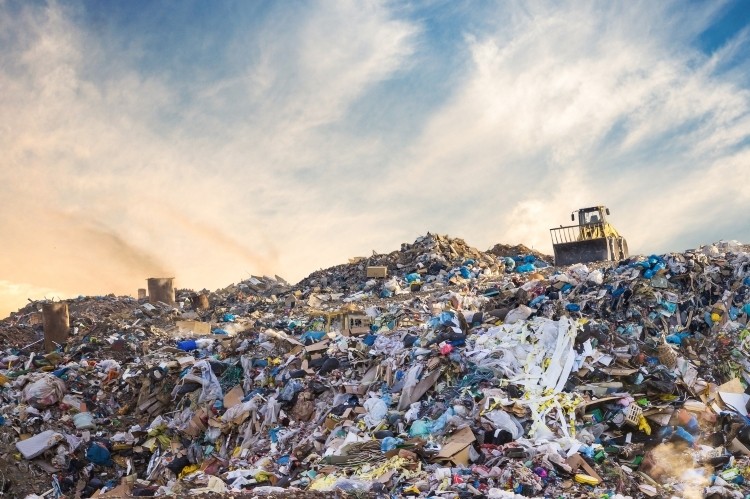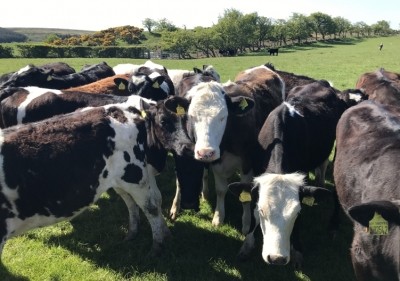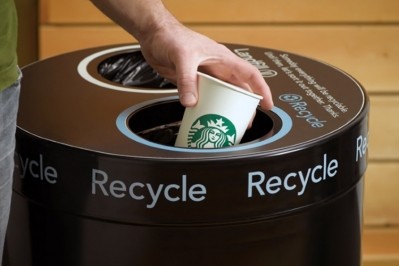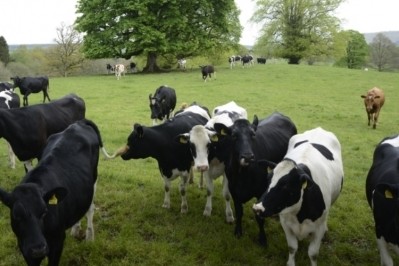Unilever, Starbucks, and Dairy Farmers of America join Vanguard Renewables in alliance on food waste and GHG reduction

The FPSA, which has been joined by Unilever, Starbucks, and Dairy Farmers of America (DFA), is committed to reducing food waste from manufacturing and the supply chain, and repurposing any unavoidable waste that cannot be eliminated into renewable energy via Vanguard Renewables’ farm-based anaerobic digesters.
The FPSA members also committed to explore the process of decarbonizing their thermal energy usage by converting to farm-derived renewable natural gas.
“This unprecedented commitment by food industry leaders to the Farm Powered Strategic Alliance is a call to action for others to follow to impact climate change and shape a sustainable future for America and the planet,” said John Hanselman, chairman and CEO, Vanguard Renewables.
“This transformative movement will repurpose food waste that cannot be eliminated into renewable energy and low carbon fertilizer for farm use. Working with our Farm Powered Strategic Alliance partners, we plan to expand our organics recycling facility footprint to all major metro areas nationwide.”
Hanselman said he expects the FPSA to grow to include other US food manufacturers and retailers and adds that the FPSA has the potential to not only reduce the members’ direct climate challenges, but to also reduce Scope 3 emissions from their supply chain partners. These are indirect emissions in the value chain of the reporting company. Hanselman also emphasized the impact the FPSA will have on helping sustain farms across America for future generations.
In the US, more than 40% of all food produced ends up being discarded. While eliminating that waste is a priority, some unavoidable food waste is still sent to landfills or incinerators, but can be repurposed to produce renewable energy.
Vanguard Renewables uses anaerobic digesters on farms to capture this energy and generates renewable natural gas or renewable electricity to be used in homes and manufacturing plants. The process also produces low carbon fertilizer that host farms use to support regenerative agriculture practices, while it supports US farmers with a diversified income stream.
“The Farm Powered Strategic Alliance is an impactful solution to tackling both food waste and carbon emissions,” said Michael Kobori, Starbucks chief sustainability officer.
“We've made great strides in eliminating food waste at the store level with our Starbucks Foodshare program, which has helped divert 25m meals from landfills. The Farm Powered Strategic Alliance offers an innovative solution for our supply chain, and brings us one step closer to our goal of a resource positive future.”
“Unilever is accelerating action to fight climate change, regenerate nature, and preserve resources. We are excited to join the Farm Powered Strategic Alliance and are inspired by their vision to repurpose our unavoidable food waste to support renewable energy production and regenerative agriculture practice on farms across America. We cannot transition to a low carbon economy alone and encourage other businesses to join us in this crucial alliance,” said Ale Eboli, head of supply chain operations for Unilever North America.
“Dairy Farmers of America has been working with Vanguard Renewables for more than six years to empower family farms and support a more circular economy,” said David Darr, chief strategy and sustainability officer at DFA.
“Anaerobic digestion can change the economics and carbon footprint of a farm, allowing generational sustainability and energy independence. We are excited to see many more of our farms and dairy processing facilities taking advantage of the new carbon economy to make a positive impact on America.”












